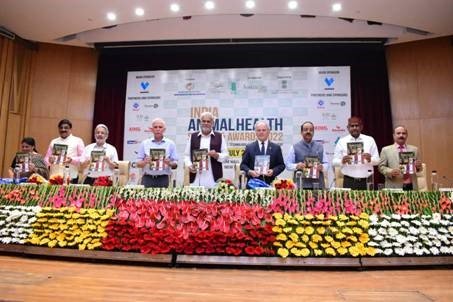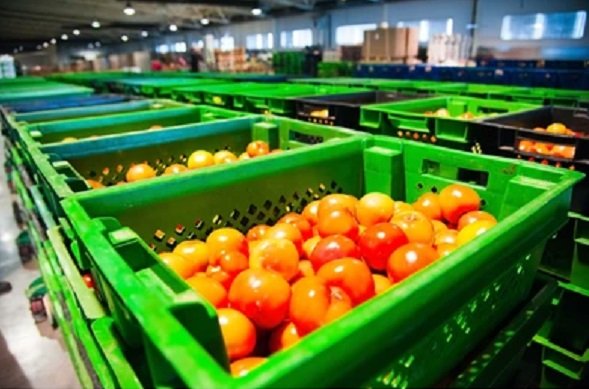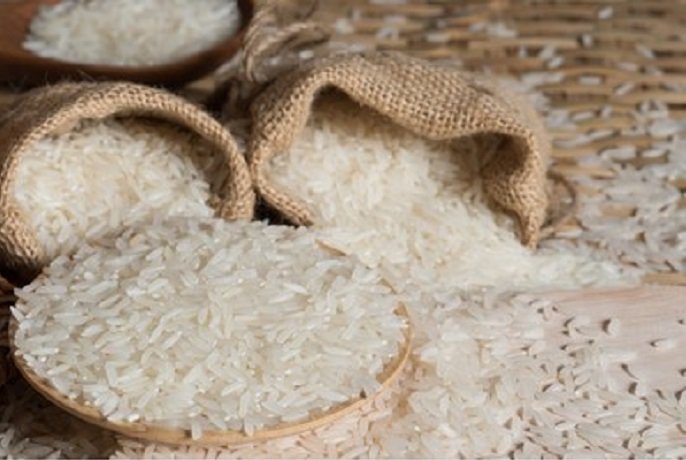Union Min Parshottam Rupala inaugurates India’s first ever Animal Health Summit
First India Animal Health Summit 2022 was held at NASC Complex, New Delhi on July 6, 2022
Parshottam Rupala, Union Minister of Fisheries, Animal Husbandry and Dairying said that there is need to strengthen the cooperative movement in the livestock sector. While inaugurating first India Animal Health Summit 2022, he called for greater use of Ayurveda for ensuring better animal health.
First India Animal Health Summit 2022 was held at NASC Complex, New Delhi on July 6, 2022, understanding the significance of animal health towards the broader objective of the country’s food and nutrition security, rural incomes and prosperity and overall economic development.
Rupala was the chief guest at the inaugural function of ‘India Animal Health Summit 2022’ organised by Indian Chamber of Food and Agriculture (ICFA) and the Agriculture Today Group. He said that by ensuring good animal health, veterinarians are playing a very significant role.
Speaking on the occasion, Atul Chaturvedi, Secretary, Department of Animal Husbandry & Dairying said that animal health is a very major component of One Health and there is need to ensure even more respect for veterinarians in the community at large. He said that the department is taking initiatives to address animal pandemic preparedness.
The two-day event will host a plethora of panel discussions ranging from topics such as Animal Health policy initiatives to Business environment & investment opportunities in the Animal Health sector.
First India Animal Health Summit 2022 was held at NASC








